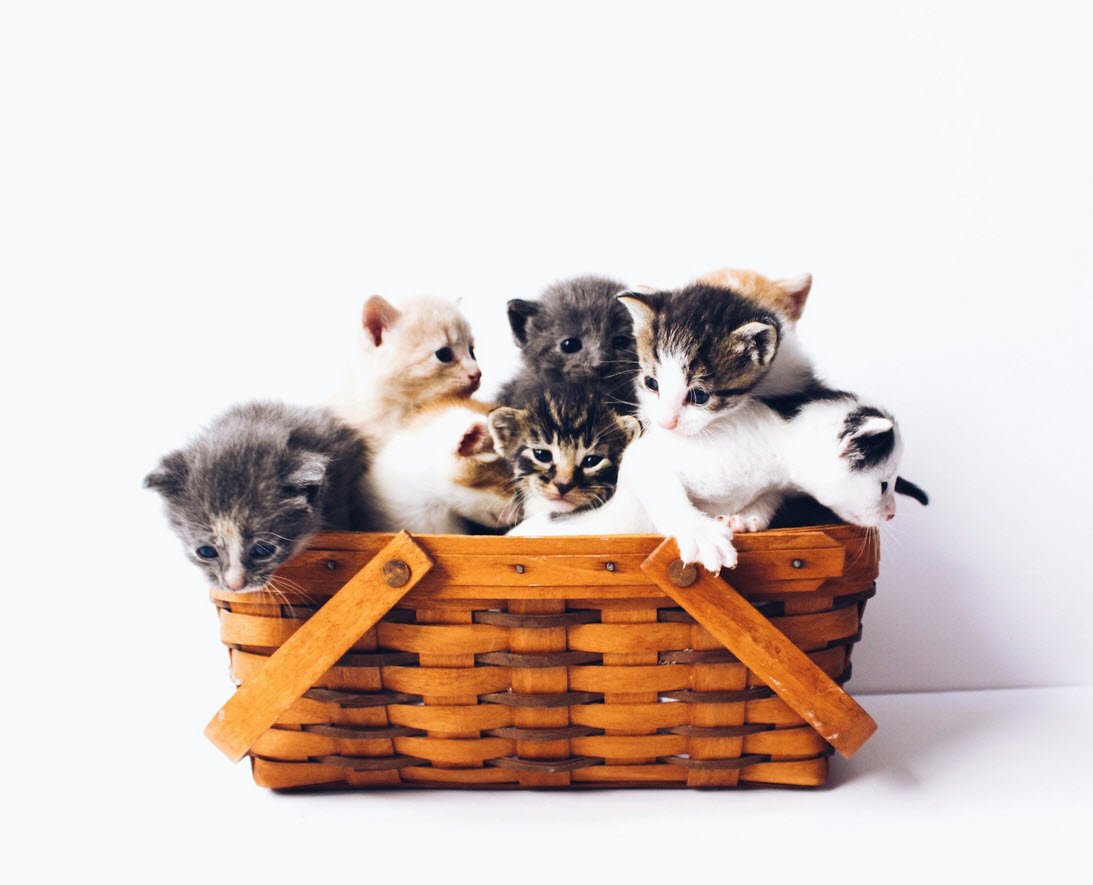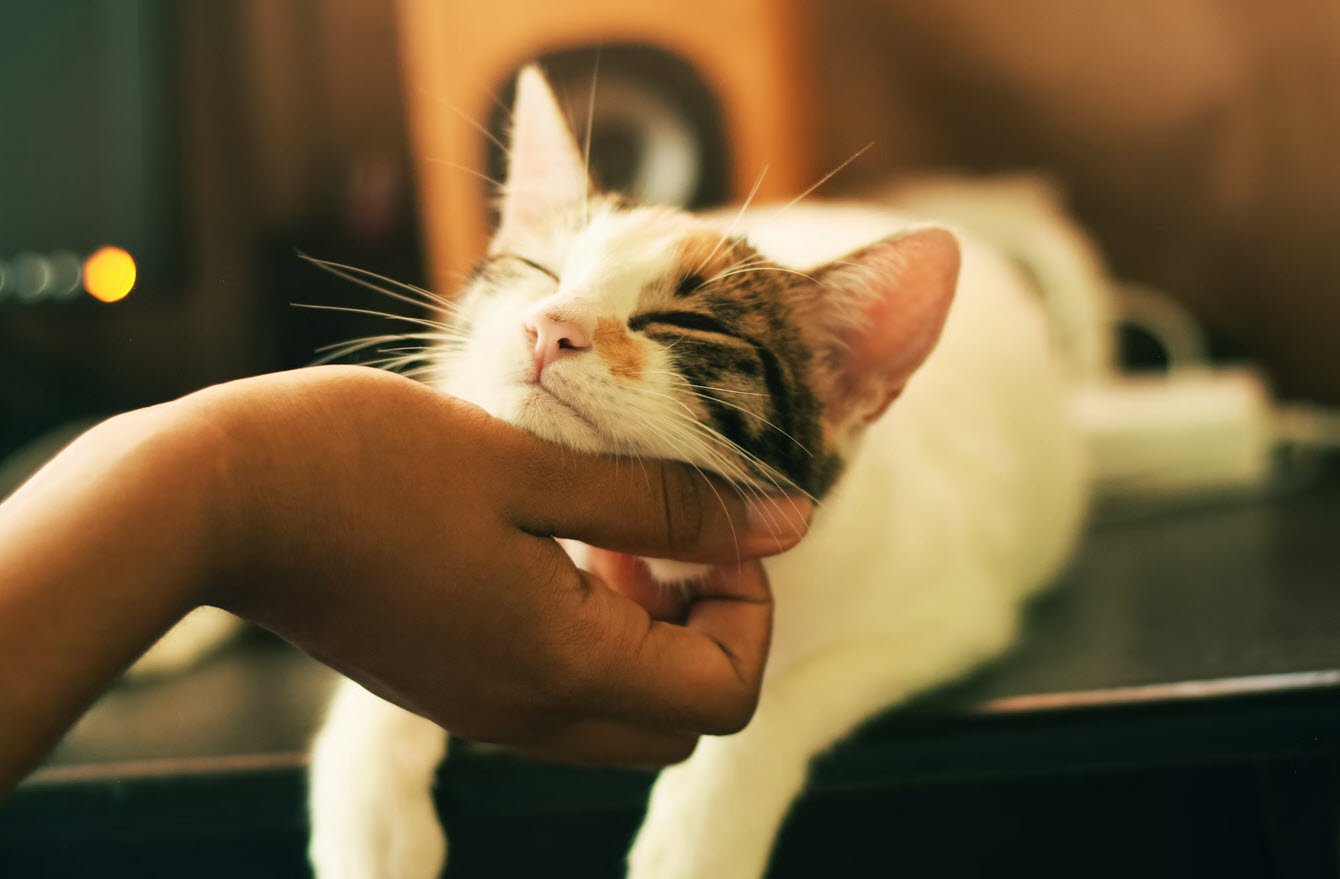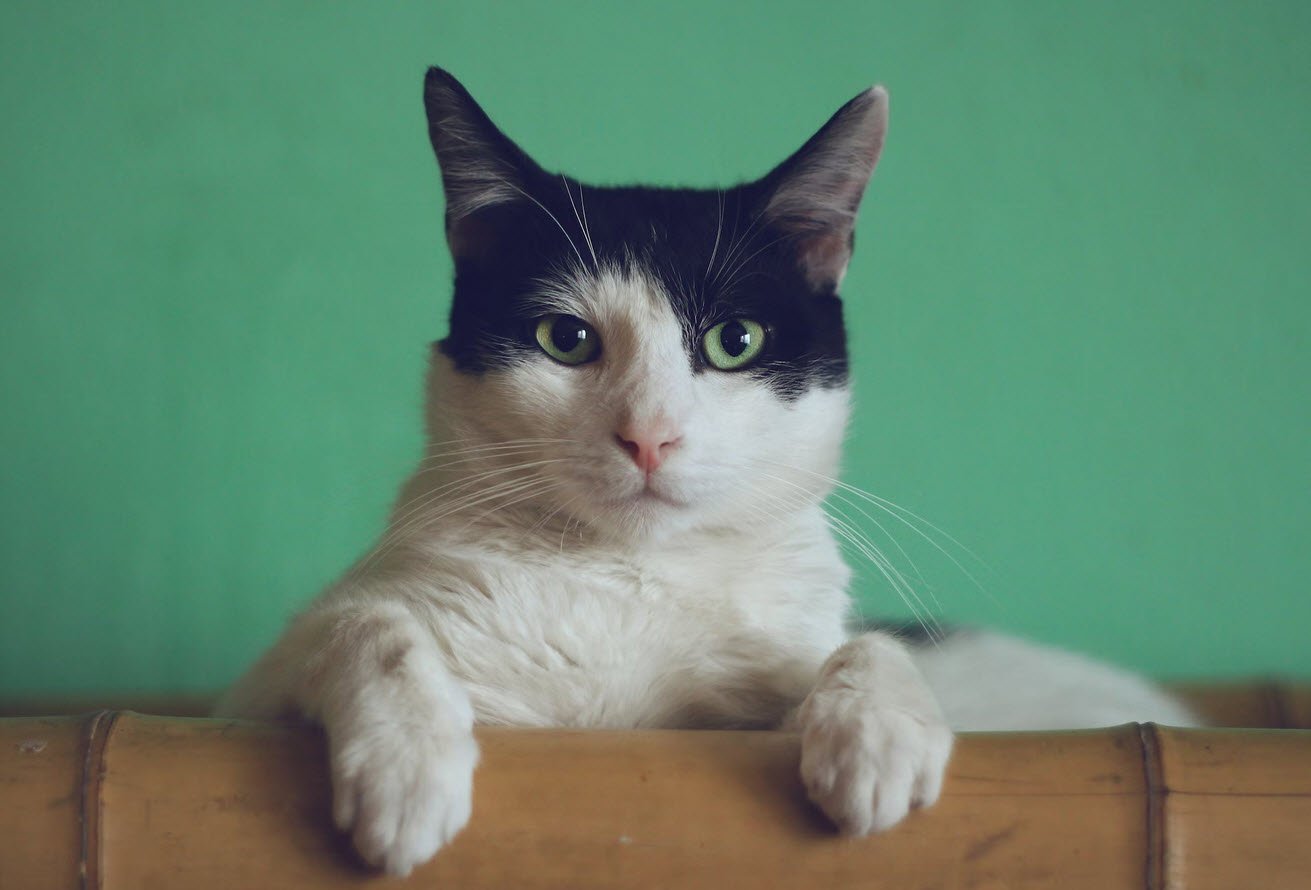
Kidney diseases in cats are a significant health concern that can affect felines of all ages and breeds. The kidneys play a crucial role in a cat’s overall health by filtering waste products and excess fluids from the blood, maintaining electrolyte balance, and producing important hormones.
Understanding the symptoms, causes, diagnosis, and management of kidney diseases is essential for providing the best care for your feline companion.
Symptoms of Kidney Disease in Cats
Recognizing the early signs of kidney disease in cats is vital for timely intervention and management. Here are common symptoms associated with kidney diseases in cats:
1. Appetite Loss/Decrease: Cats with kidney disease may experience a decrease in appetite, leading to a reduced desire to eat or an aversion to food.
2. Weight Loss: Unexplained weight loss can be an indication of kidney disease in cats, especially if accompanied by other symptoms.
3. Vomiting or Diarrhea: Kidney disease can cause gastrointestinal issues like vomiting and diarrhea, which may be persistent or recurrent.
4. Lethargy or Depression: Cats with kidney disease may appear lethargic, lacking energy, or displaying signs of depression.
5. Dehydration/Change in Water Consumption: Increased thirst and urination, or conversely, decreased water consumption, may be signs of kidney disease in cats.
6. Pain in the Kidney Area: Cats with kidney disease may experience pain or discomfort in the kidney area, leading to changes in their behavior or posture.
7. Litter Box Aversion: Cats may avoid using the litter box or have changes in litter box behavior due to discomfort associated with kidney disease.
8. Mouth Ulcers & Bad Breath: Kidney disease can manifest as mouth ulcers and foul breath in cats.
9. Constipation: Changes in bowel movements, including constipation, can be indicative of kidney disease.
10. Bloody or Cloudy Urine: Kidney disease may cause changes in urine color or consistency, including blood in the urine or cloudiness.
11. Pain When Urinating: Cats with kidney issues might experience pain or discomfort during urination.
12. Stumbling: Kidney disease can affect a cat’s coordination and balance, leading to stumbling or unsteady movements.
Causes of Kidney Disease in Cats
Kidney disease in cats can be caused by various factors, including:
- Aging: Chronic kidney disease is more common in older cats.
- Genetics: Some breeds may be more predisposed to kidney issues.
- Infections: Bacterial or viral infections can affect the kidneys.
- Toxins: Exposure to certain toxins or medications can harm the kidneys.
- High Blood Pressure: Hypertension can damage the kidneys over time.
- Dietary Factors: Poor diet or inadequate water intake can contribute to kidney problems.
Diagnosis and Treatment
If you suspect your cat may have kidney disease based on the symptoms mentioned above, it’s crucial to consult a veterinarian. Diagnosis typically involves a thorough physical examination, blood tests, urine analysis, and potentially imaging studies like X-rays or ultrasounds.
Treatment for kidney disease in cats aims to manage symptoms, slow the progression of the disease, and improve the cat’s quality of life. This may include dietary changes, fluid therapy, medications to control blood pressure or manage symptoms, and addressing any underlying causes.
Conclusion
Kidney diseases in cats can significantly impact a feline’s well-being and quality of life. Early detection of symptoms, regular veterinary check-ups, and appropriate management are key to helping your cat live a comfortable and healthy life, especially if dealing with kidney disease. Always consult your veterinarian for accurate diagnosis and a tailored treatment plan for your furry friend.








